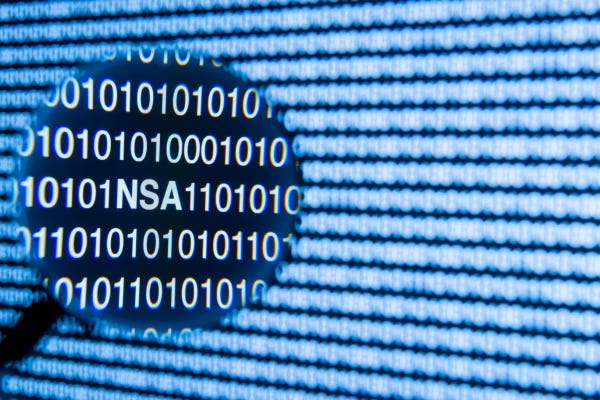To resist the power of the Ring is too difficult
From "don't be evil" to "can't be evil"
Note : After the 14-part series in which we looked at how nation-states are being disrupted by the Internet and globalization, and a 4-part series on why now is the worst time for them, I have concluded that there are two main ways for governments to respond to these disruptions:
Increasingly control what their residents do, via permanent digital surveillance and the use of AI and machine learning (China's way)
Accept that their role will diminish and treat their residents more like customers
In this new series, corresponding to chapter 4 of my forthcoming book, we analyze the (very) slippery slope towards generalized surveillance to which many countries, including the most democratic, are committing themselves.
Here are the 11 articles of the series :
"Yes, sooner or later – later, if he is strong or well-meaning to begin with, but neither strength nor good purpose will last – sooner or later the dark power will devour him."
Gandalf, Lord of the Rings, on anyone tempted by the power of the Ring
So we saw in the last few articles that it has been proven beyond doubt:
That Western, democratic governments have overstepped their authority by engaging in mass surveillance of their populations. They have clearly failed to resist the power of the ring.
That governments' legal reactions to these revelations have been timid, and have done little to curb the excesses that have been proven. Because... governments are already too addicted to the powers of the ring.
That it was civil society that decided to really take charge of the situation, by encrypting a huge proportion of Internet traffic and implementing numerous best practices. And society was able to do this because encryption makes the defense stronger than the attack.
Incidentally, it should be noted that in this case, it was Big Tech that protected the population against governments, rather than the other way around... years before the GDPR!
But that doesn't mean the NSA can't spy on you - far from it. In particular, it is always possible to infect a computer or smartphone via a virus or vulnerability.
But encryption has made global surveillance much more difficult.
In terms of nation-state power, we can observe several things:
By default, the Internet and computers enable mass surveillance, which is too tempting not to use, even when it is supposed to be regulated by law... and even the Constitution, as we saw in the previous article.
Allowing this trend to continue unchecked would lead to an unprecedented increase in the power of nation-states over individuals, with a very real risk of approaching the Chinese model, or 1984.
But if this trend is explored too much by the secret services of democratic nation-states, they increase their risk of having someone, or a group of people, who are outraged by this drift, and decide to steal documents to share the truth with the public, as Snowden did, but also other whistleblowers like Julian Assange1 , Chelsea Manning2 , or Joshua Schulte3 .
These revelations have two important consequences:
A reaction from civil society, which is pushing for greater use of encryption, particularly end-to-end encryption, which makes mass surveillance much more difficult, even impossible in some cases, and implements an inversion of the balance of power between attack and defense (5th principle to be learned from history) on a global scale.
A loss of prestige for democratic nation-states, which are caught in a contradiction with the fundamental freedoms they are supposed to guarantee and protect, and sometimes even in a contradiction with their Constitution.
On the whole, then, these practices have led to revelations that have ultimately diminished the power of nation-states, due to the universalization of encryption and the resulting loss of prestige and legitimacy...
But it's not automatic, and it takes constant vigilance on the part of civil society - that's you - to counteract this disturbing trend towards mass surveillance.
And it should be noted that guarantees in the Constitution and the law are important, but they are not enough, and that a balance of powers must also be sought in technical solutions.
In other words, through our actions as enlightened citizens, we must force governments to move from "don't be evil" to "can't be evil".
So it's the duty of every enlightened citizen to contribute to a healthy balance of power by implementing the right technical solutions.
We'll see in the chapter/article series on IT security how you can play your part by using practical, security-robust tools. You'll see that using these tools, rather than their insecure equivalents, doesn't take any more time, and that their functionality is the same :) .
Coming soon...
The fight against terrorism is often cited as the reason for mass surveillance, including the monitoring of financial transactions.
But is it a good excuse or a legitimate reason?
We'll look at this in detail in the next article.
In the meantime, feel free to follow Disruptive Horizons on Twitter, and join the tribe of Intelligent Rebels by subscribing to the newsletter :
Other articles in the series
Responsible for "Cablegate", a leak of 251,287 diplomatic telegrams exchanged between the US and dozens of countries since 1966, and "War Logs", 500,000 classified US military documents relating to the wars in Afghanistan and Iraq
Responsible for Vault 7, a leak of thousands of documents and software used by the CIA




